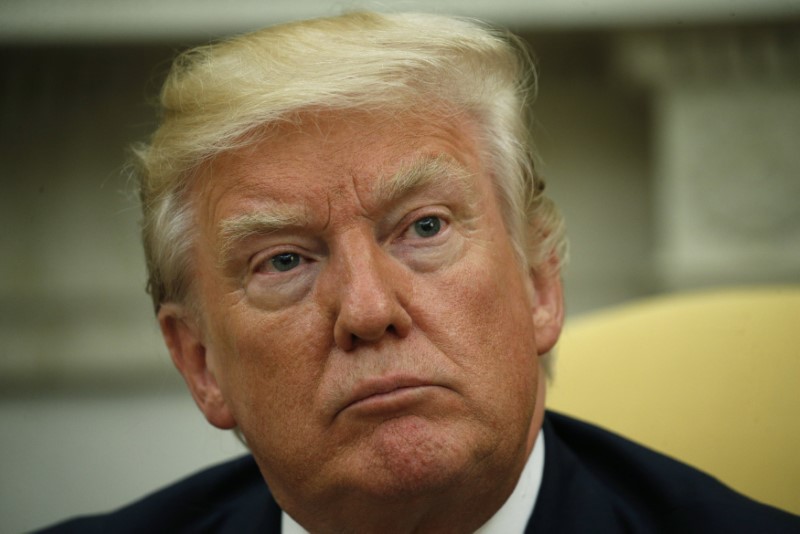By Yeganeh Torbati
WASHINGTON (Reuters) - Dozens of American academic groups have taken a stance against a Trump administration proposal to toughen scrutiny of some U.S. visa applicants, saying it will have a chilling effect on international students studying in the United States.
The U.S. State Department has proposed requiring about 65,000 visa applicants per year who consular officers believe warrant enhanced screening to provide all prior passport numbers, five years' worth of social media handles, email addresses and phone numbers and 15 years of biographical information.
More than 50 academic and educational groups across a range of social and physical sciences and representing college admission counselors and advisers said in a letter to State Department officials on Thursday that the changes would cause "uncertainties and confusion," lead to "unacceptably long delays in processing" and applies to a "vague and ill-defined" class of visa applicants.
"We are very concerned that if the proposed changes are implemented, international undergraduate and graduate students, scholars, and scientific collaborators may be discouraged from coming to the United States," the letter said.
The State Department did not immediately respond to a request for comment on the letter.
The proposal came earlier this month, as part of a push toward the "extreme vetting" sought by President Donald Trump.
The State Department has to obtain approval for the new procedures from the Office of Management and Budget due to federal regulations and allow members of the public to comment.
Of the approximately 200 comments as of Thursday, the vast majority were opposed, with about a dozen in favor. The deadline to comment is midnight on Thursday.
The prospect of requiring tens of thousands of applicants to hand over their social media information stirred particular concern among commenters, who said incoming students would be put off by having their social media presence scrutinized.
The State Department said in its proposal that the extra information would allow it to "more rigorously evaluate applicants for terrorism or other national security-related visa ineligibilities."
Neil Weissman, interim president of Dickinson College in Pennsylvania, said in a comment on the proposal that the additional criteria will harm the "cross-border exchange of ideas." About 10 percent of Dickinson's 2,400 students are international, according to its website.
Andrea Pietrzyk advises international students at Lewis-Clark State College, a public college in Idaho, and said her school has seen an approximately 50 percent drop in international applicants for the fall semester compared with last year.
"If people have the perception that it's going to be too difficult to get a visa, they're not going to want to come," Pietrzyk said. "Students from the Middle East do have concerns about whether or not they'll have to show or give up their Facebook (NASDAQ:FB) passwords."
The school had 112 international students in fall 2014, of an overall student body of over 4,300, according to its website.
A few people commented in favor of aspects of the proposal, saying they thought it could help protect the United States from terrorism.
"It seems reasonable to request records of public social media activity as part of an already rigorous vetting process, especially given the role of social media in recent acts of terror," wrote one anonymous commenter.

"Definitely do this!" wrote another commentator, who gave his name as Butch Walton. "In this age of terrorism, we need to know as much as possible about who is coming here."